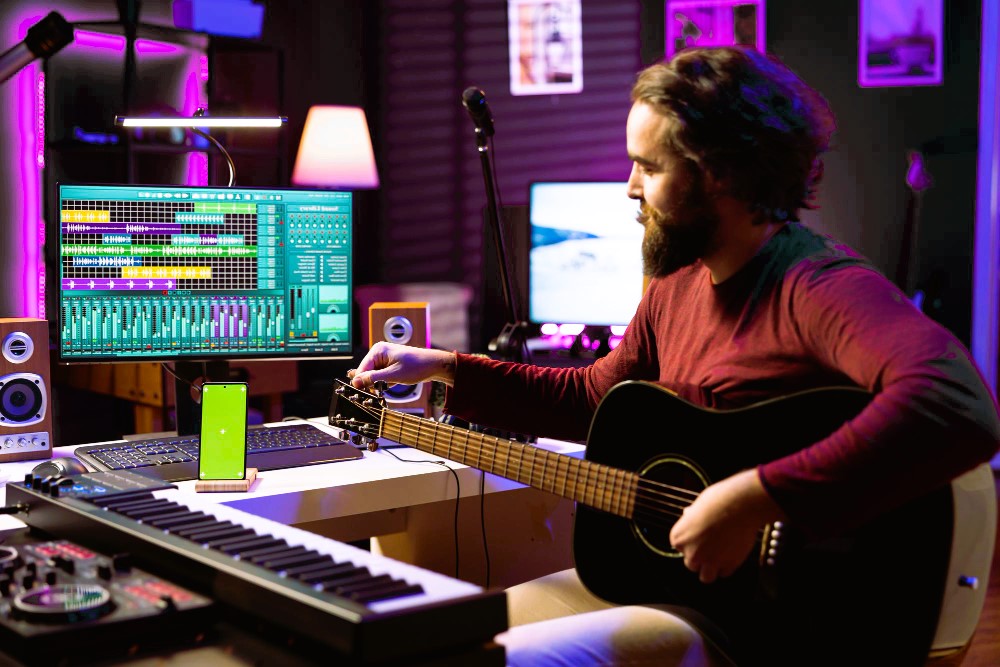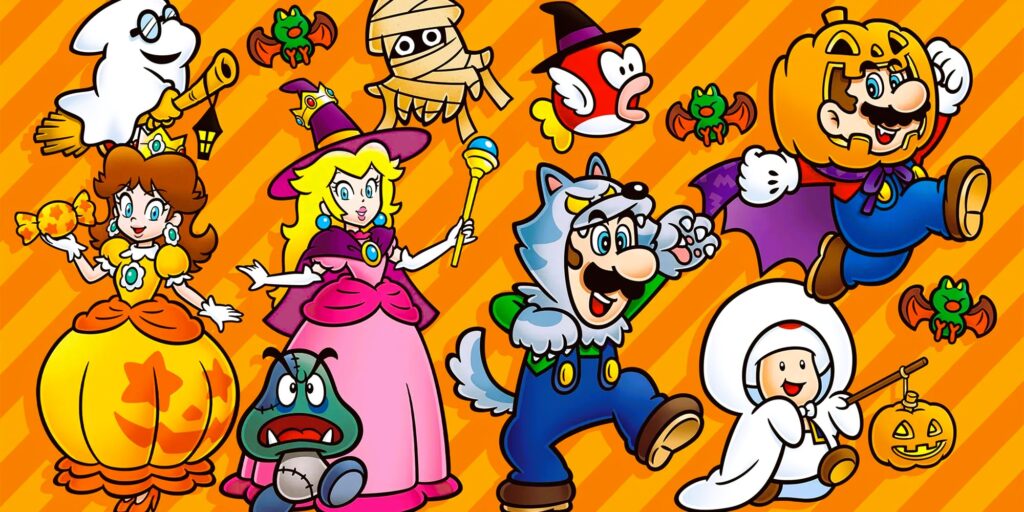Video game music has come a long way since the bleeps and bloops of the 8-bit era. Today, it stands as a dynamic and integral part of the gaming experience, influencing not only how players perceive a game but also how they interact with it long after they’ve put down the controller. One of the most fascinating developments in this musical landscape is the rise of remixes and mashups, which has transformed how we appreciate and engage with video game music. This article explores the phenomenon of remixing game music, examining its roots, the impact of technology, and the cultural significance it holds for gamers and musicians alike.
The Roots of Video Game Music
To understand the rise of remixes and mashups in video game music, we must first look back at the origins of video game soundtracks. In the early days of gaming, composers worked with limited technology to create music that could fit within the constraints of hardware capabilities. Games like Super Mario Bros., The Legend of Zelda, and Final Fantasy featured catchy, memorable tunes that became iconic over time. These compositions were often simple due to technological limitations, but they laid the groundwork for what would become a rich and varied genre.
As technology advanced, so did the complexity and quality of video game music. Composers began to experiment with orchestral arrangements and electronic soundscapes, leading to memorable soundtracks that rivaled those of movies. However, it was the advent of the internet and digital audio editing software that opened the floodgates for remixes and mashups.
The Impact of Technology on Music Creation

The digital age has democratized music creation, enabling anyone with a computer and software to remix existing tracks. Programs like FL Studio, Ableton Live, and GarageBand provide tools that allow aspiring musicians to manipulate audio, experiment with sounds, and create new compositions. This accessibility has led to a surge in the number of remixes and mashups of video game music, as fans take their favorite tunes and reimagine them in innovative ways.
Remixes typically involve taking an original track and altering it—whether by changing the tempo, adding new instruments, or incorporating different musical styles. Mashups, on the other hand, blend multiple tracks together to create something entirely new. Both forms allow artists to express their creativity while paying homage to the original compositions that inspired them.
The Rise of Remix Culture
The rise of remix culture in video game music can be traced back to various online platforms where musicians share their work. Websites like YouTube, SoundCloud, and Bandcamp have become vital spaces for artists to showcase their remixes and connect with fans. Additionally, communities on platforms such as Reddit and Discord facilitate collaboration and discussion among musicians and listeners, further driving the growth of remix culture. Read on to learn how to create the perfect gaming playlist in our series of tips from DJs and gamers.
One notable example is the OverClocked Remix (OCR) community, which is dedicated to the arrangement and remixing of video game music. Founded in 1999, OCR has grown to feature thousands of remixes across various platforms, showcasing the creativity of musicians who reinterpret beloved game soundtracks. The site offers a platform for artists to submit their work, receive feedback, and connect with a like-minded community.
Cultural Significance of Video Game Remixes
The cultural significance of video game remixes and mashups cannot be overstated. They serve as a bridge between generations of gamers, allowing fans to experience nostalgic tunes in new contexts. Remixes can also breathe new life into older games, drawing in younger audiences who may not have played the originals but are intrigued by modern interpretations.
Moreover, remixes can encourage community engagement and collaboration among fans. Many remixers involve fans in the creative process by soliciting feedback or even incorporating their ideas into the final product. This sense of collaboration fosters a strong bond within the gaming community and reinforces the idea that video game music is a shared cultural experience.
Case Studies of Successful Remixes
To illustrate the impact of remixes on video game music, we can look at specific examples that have gained popularity and recognition:
- The Legend of Zelda: Symphony of the Goddesses: This orchestral concert series reimagines the music of the beloved Zelda franchise, blending elements of classical music with video game themes. It has introduced the franchise’s music to new audiences and sparked interest in both the games and their soundtracks.
- Ninja Gaiden (Remix by DJ Cutman): DJ Cutman is known for his remixes of video game music, and his take on the Ninja Gaiden soundtrack is a perfect example. By infusing the original tracks with electronic beats and contemporary sounds, he has created a fresh listening experience that resonates with both nostalgic fans and new listeners.
- Celeste (Various Remixes): The indie game Celeste features a memorable soundtrack that has inspired numerous remixes. The game’s music, composed by Lena Raine, has been reinterpreted by various artists, showcasing the emotional depth of the original tracks and expanding their reach within the gaming community.
The Future of Video Game Remixes

As technology continues to evolve, the potential for video game music remixes will only grow. Emerging technologies like artificial intelligence and machine learning are beginning to play a role in music creation, offering new possibilities for remixing and producing original content. AI-powered tools can analyze existing tracks and generate new compositions or suggest alterations, making the remixing process even more accessible to a broader range of creators.
Moreover, the increasing popularity of live-streaming platforms like Twitch has allowed musicians to showcase their remixing skills in real-time, connecting with audiences in new ways. Events like Video Games Live and various remix competitions provide opportunities for musicians to perform their remixes live, further elevating the status of video game music within the broader music industry.
The rise of video game remixes and mashups represents a vibrant and dynamic facet of gaming culture. Through the creative reinterpretation of existing tracks, musicians can celebrate the legacy of video game music while simultaneously pushing its boundaries. As technology continues to advance and communities grow, the future of remixing video game music looks promising, ensuring that these beloved tunes will continue to evolve and inspire generations to come.
For further reading on the evolution of video game music, check out the Wikipedia article on Video Game Music.


